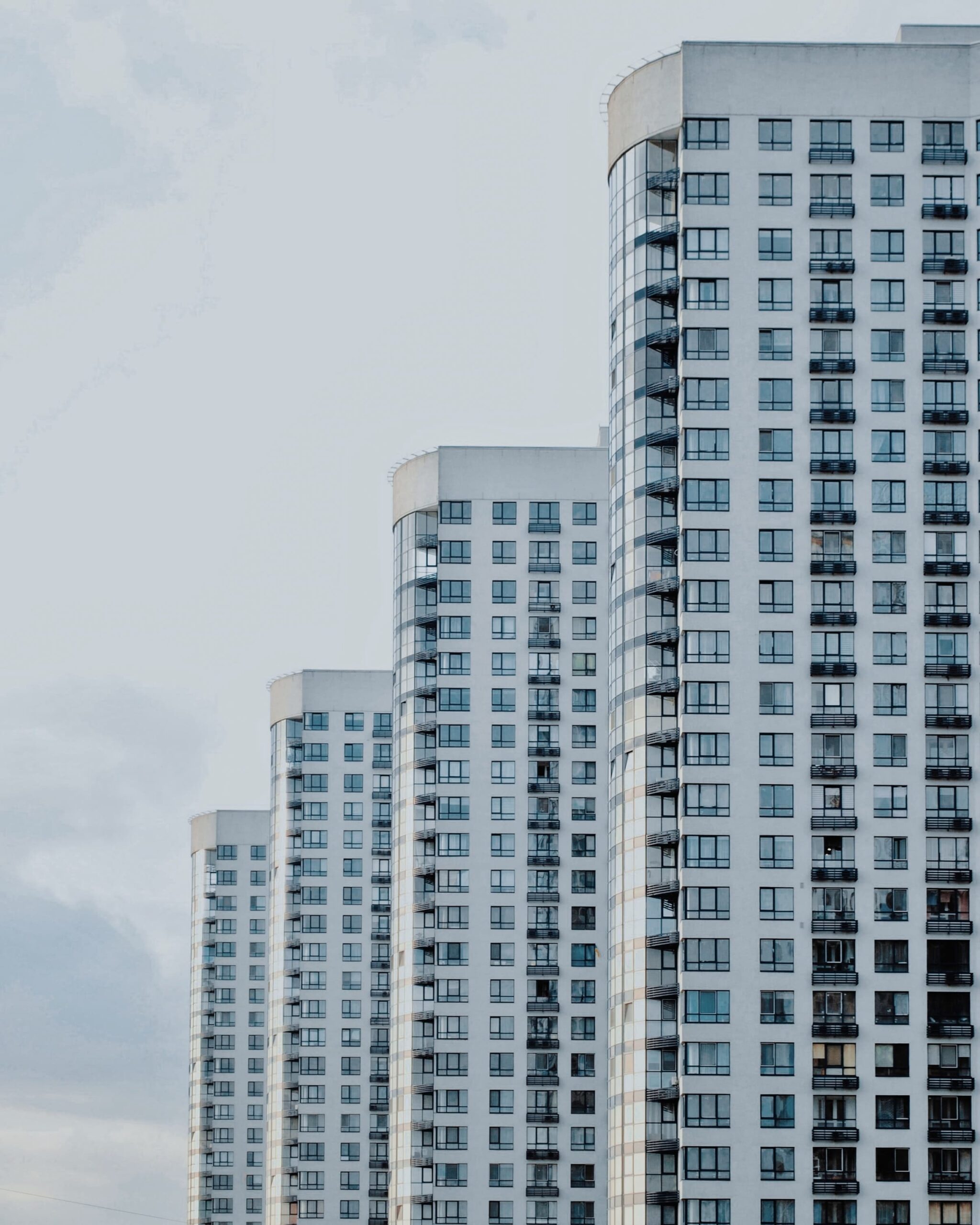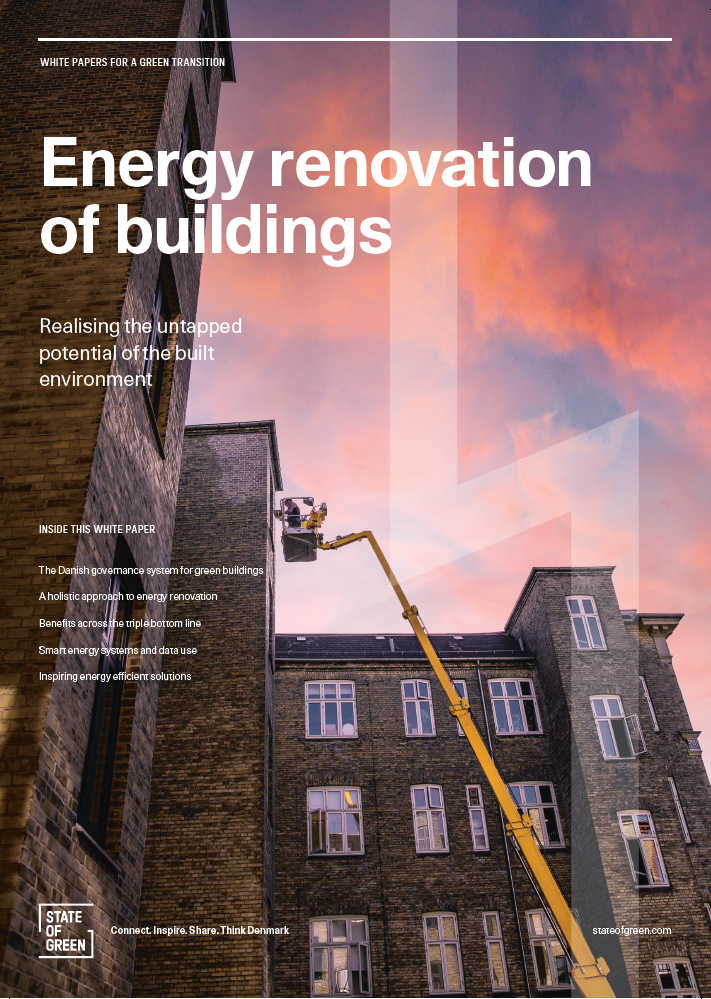Download our publication on energy renovation of buildings today
This article is part of our publication ‘Energy renovation of buildings’.
Download nowPerspective
Energy efficiency in buildings
Buildings
Energy efficiency


Energy efficiency in the built environment is a good place to target climate action. More than a third of Denmark’s CO2 emissions stem from buildings – both old and new. We also know that the lifespan of a building is long, making it common sense to care for, preserve and improve the buildings we already have.
Danish municipalities are working together to realise the energy saving potential in buildings through efforts such as DK2020. In this unique initiative, 95 of Denmark’s 98 municipalities are committing themselves to create local climate action plans to help Denmark reach the goals of the Paris Agreement. It is important to engage local governments on their own terms, as each municipality faces different barriers in the green transition.
In the climate plans, the municipalities set goals for implementing energy efficiency measures in their own buildings in line with EU ambitions. They also prioritise helping regular citizens do the same, as they play a vital role in greening buildings. In Denmark, 87% of all buildings are owned by private homeowners. The municipal climate action plans highlight the necessity of combining energy renovations with other efforts to save energy.
A smart climate strategy for buildings starts with planning the activity in the buildings during the day, so each square meter is optimally utilised. Similarly, increasing the use of data-driven energy management is an important tool in optimising energy performance and communicating with the grid. As such, making these data available to all building owners is crucial.

This article is part of our publication ‘Energy renovation of buildings’.
Download nowThe knowledge and experience gained by the municipalities in their work on energy efficiency in buildings is shared with numerous key actors, including state legislators. In addition, the municipalities collaborate with private suppliers to develop product manuals and share showcases on the use of different behavioural methods and advanced technologies such as energy management systems, IoT solutions, and advanced analyses of energy consumption.
The variety of tools available to achieve energy efficiency shows the importance of being able to apply the right solution locally and share experiences so others can learn from them. This, among other things, is what Danish municipalities are trying to achieve in their climate collaborations.